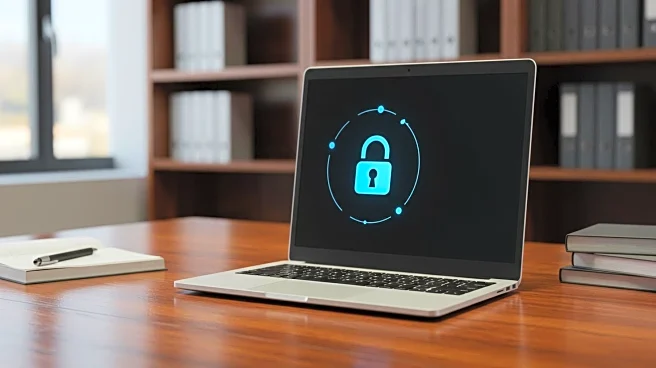What's Happening?
The University of Melbourne has been reprimanded by the Office of the Victorian Information Commissioner (OVIC) for using wi-fi location data to identify students involved in a sit-in protest in July 2024. The investigation found this use of data constituted a serious breach of privacy. Initially, the university claimed it could not track individuals with the technology, which was intended for campus planning insights. However, during the protest, the university combined CCTV, student card, and wi-fi data to identify participants, also reviewing staff emails to identify any involved personnel. OVIC deemed the use of CCTV acceptable but criticized the internal authorization process for accessing staff emails and the use of wi-fi data for surveillance, labeling it as 'function creep.' The university avoided a formal compliance notice by taking preemptive actions, such as developing a surveillance policy and amending wireless terms of use.
Why It's Important?
This incident highlights significant privacy concerns regarding the use of technology in surveillance, particularly in educational institutions. The reprimand underscores the need for clear policies and stakeholder consultation when implementing technologies that can track individuals. The case raises broader questions about the balance between security measures and privacy rights, potentially influencing future policies in universities and other organizations. It also serves as a cautionary tale about the unintended consequences of technology use, emphasizing the importance of transparency and obtaining a social license for surveillance practices.
What's Next?
The University of Melbourne is expected to continue developing its surveillance policy and procedures, promoting these to staff and students. The incident may prompt other educational institutions to review their own policies regarding data use and surveillance. Stakeholders, including privacy advocates and student groups, may push for stricter regulations and oversight to prevent similar breaches. The university's actions and OVIC's findings could influence legislative discussions on privacy and data protection in Australia.










